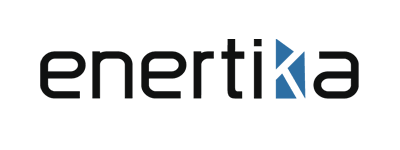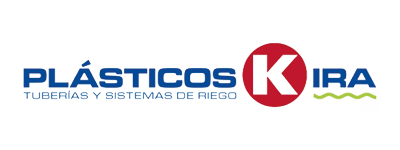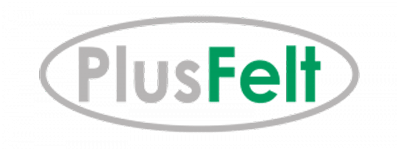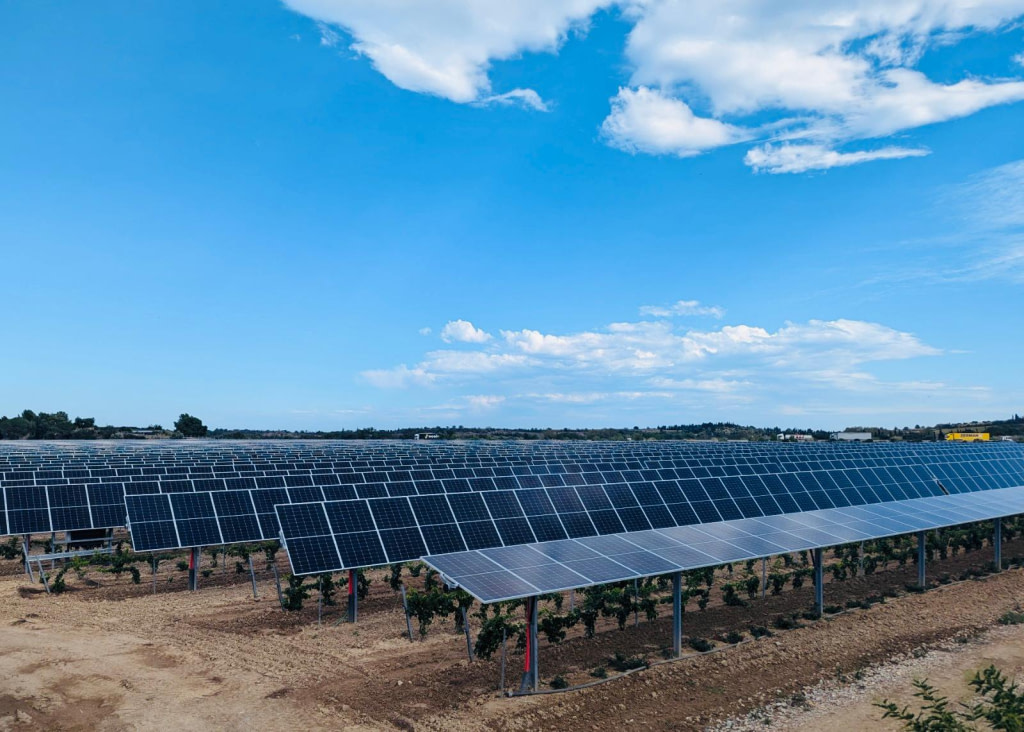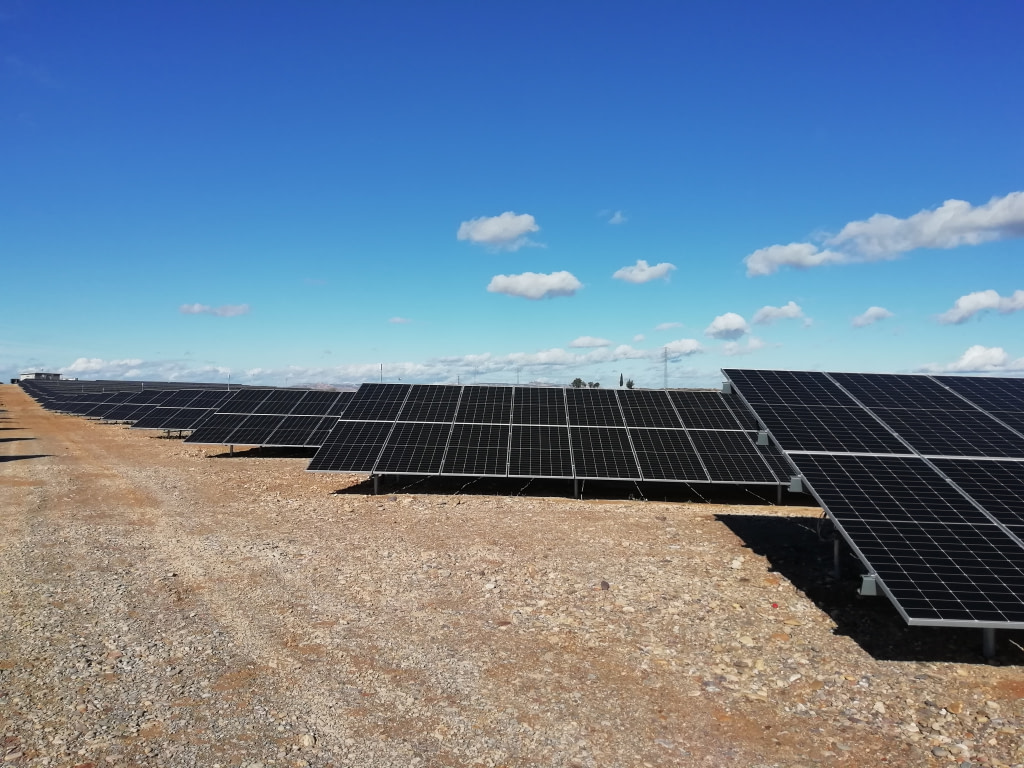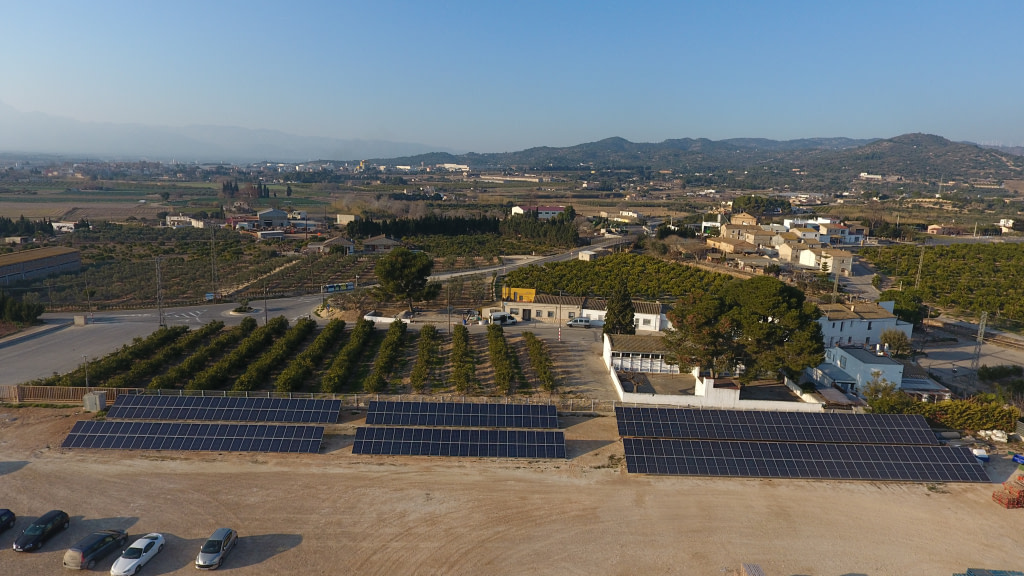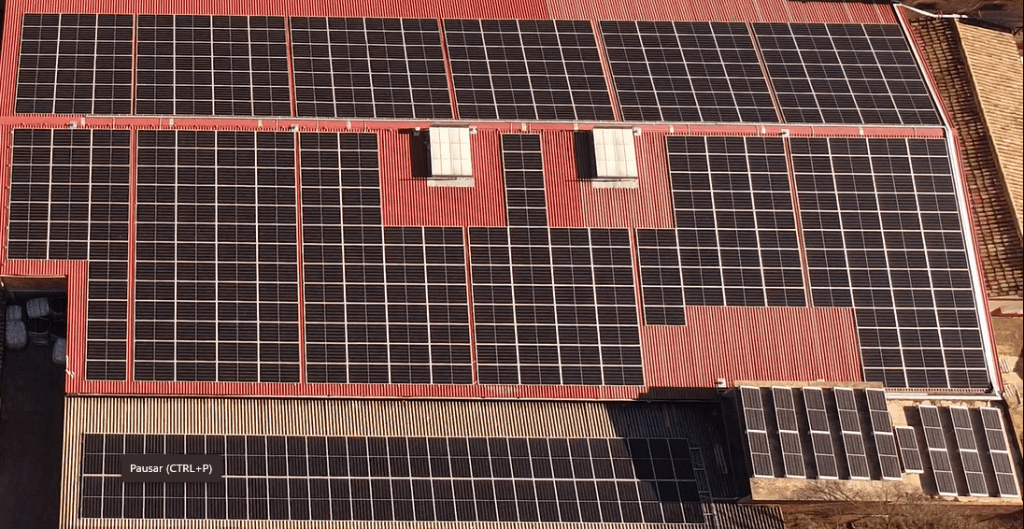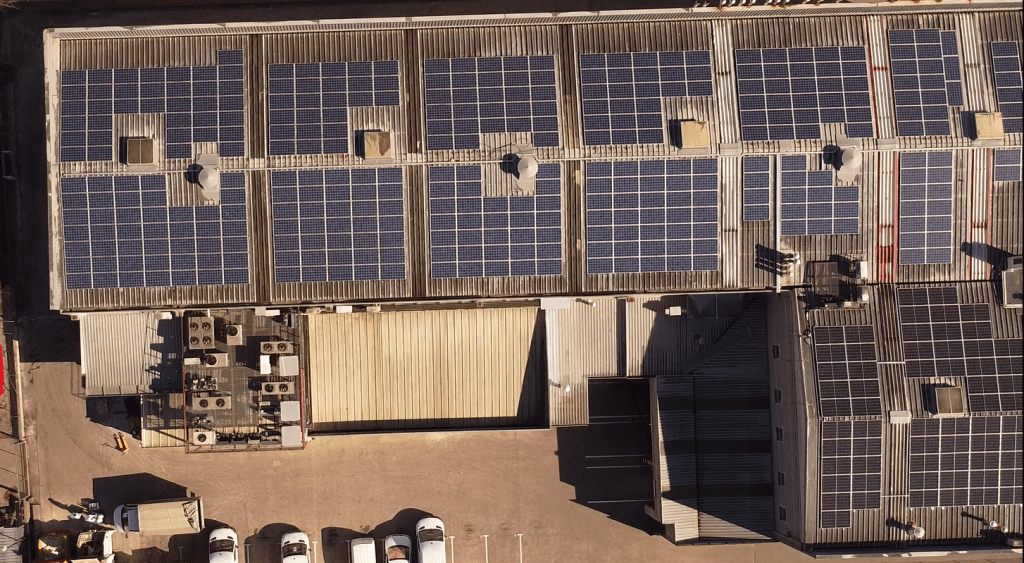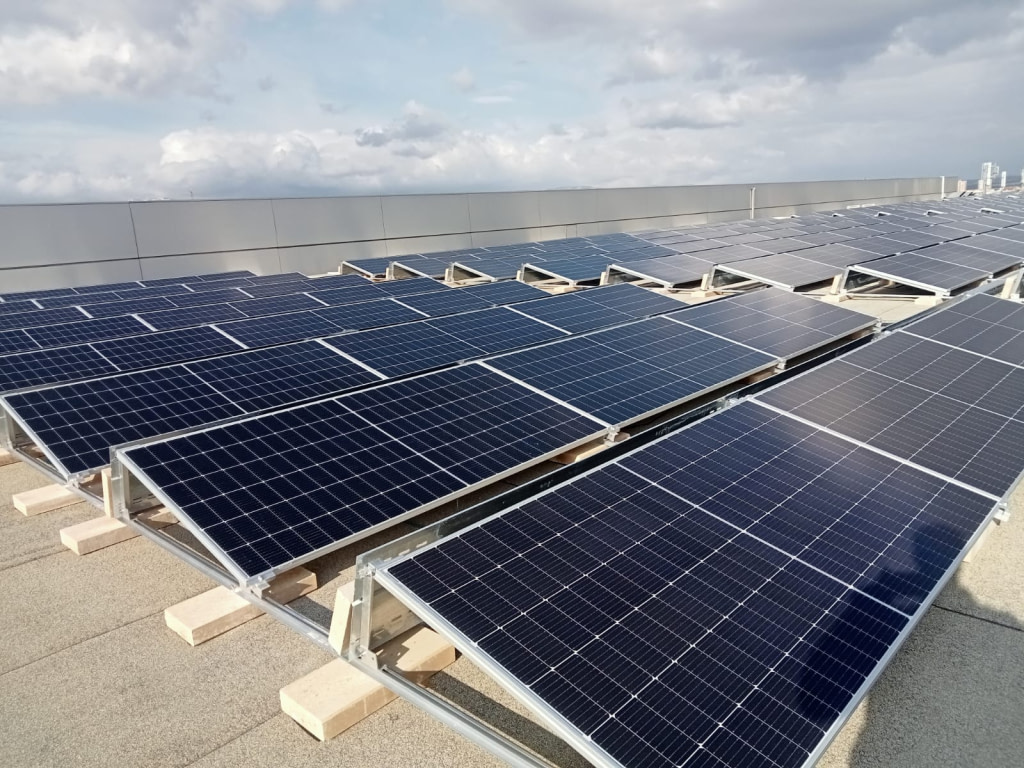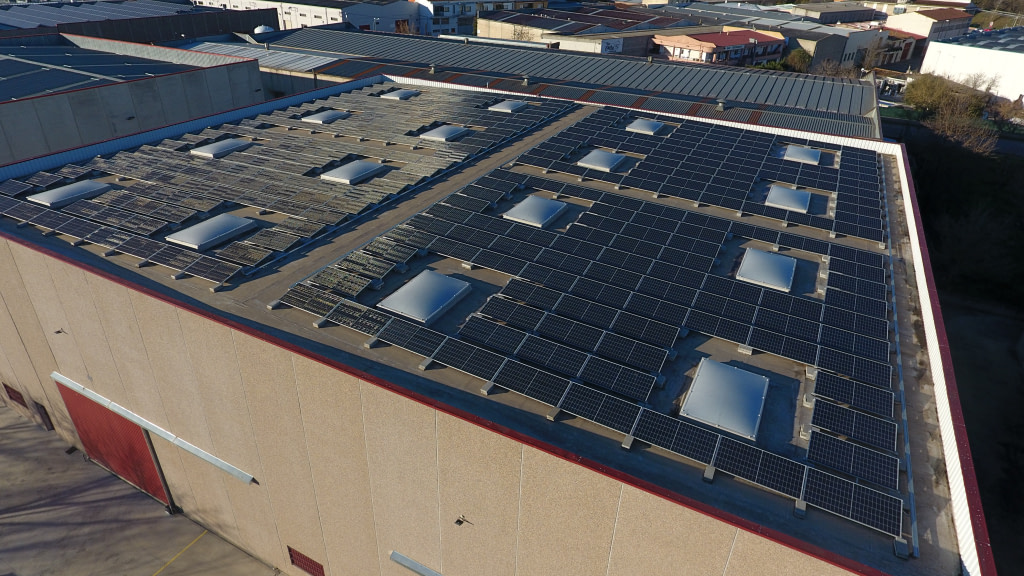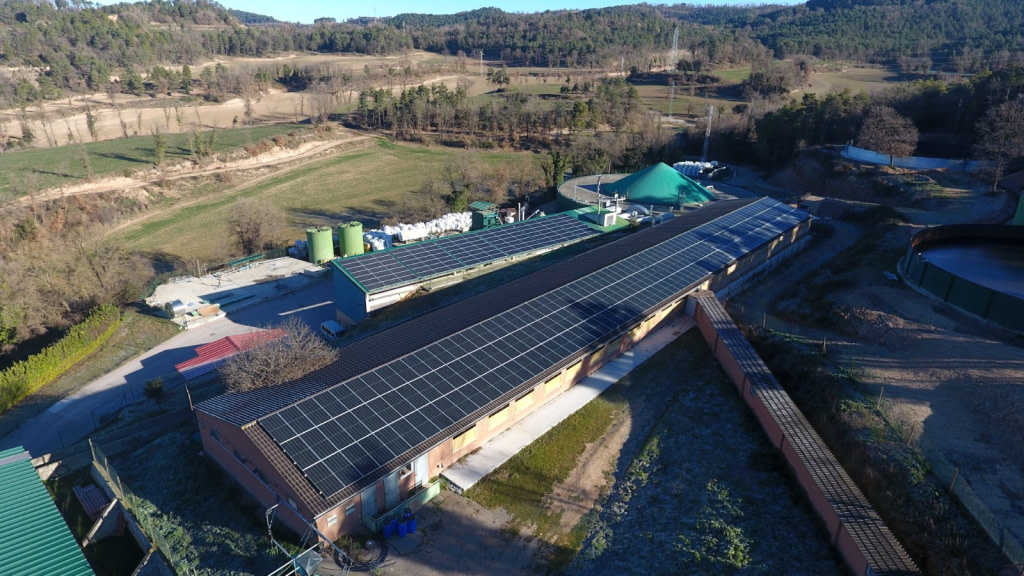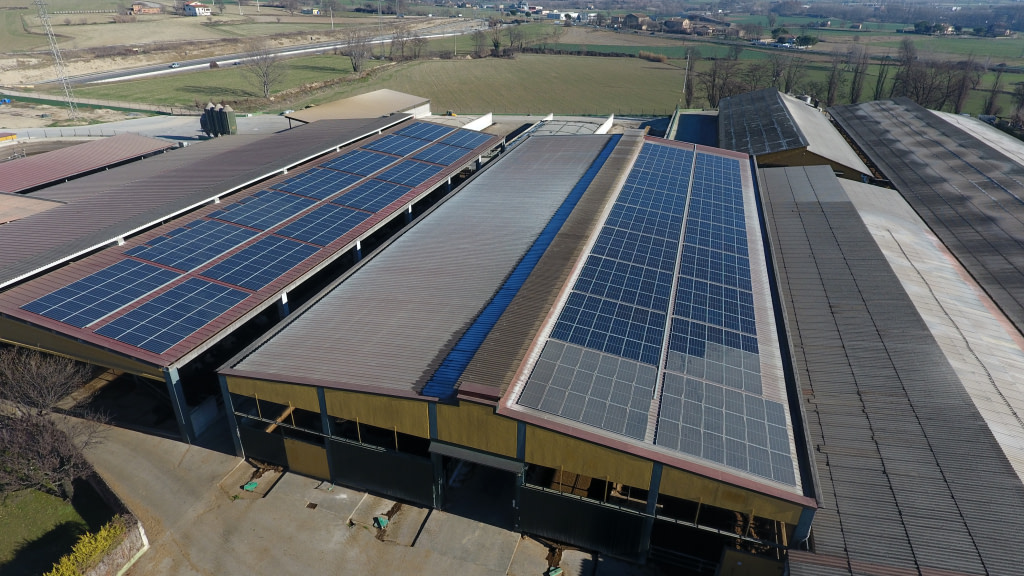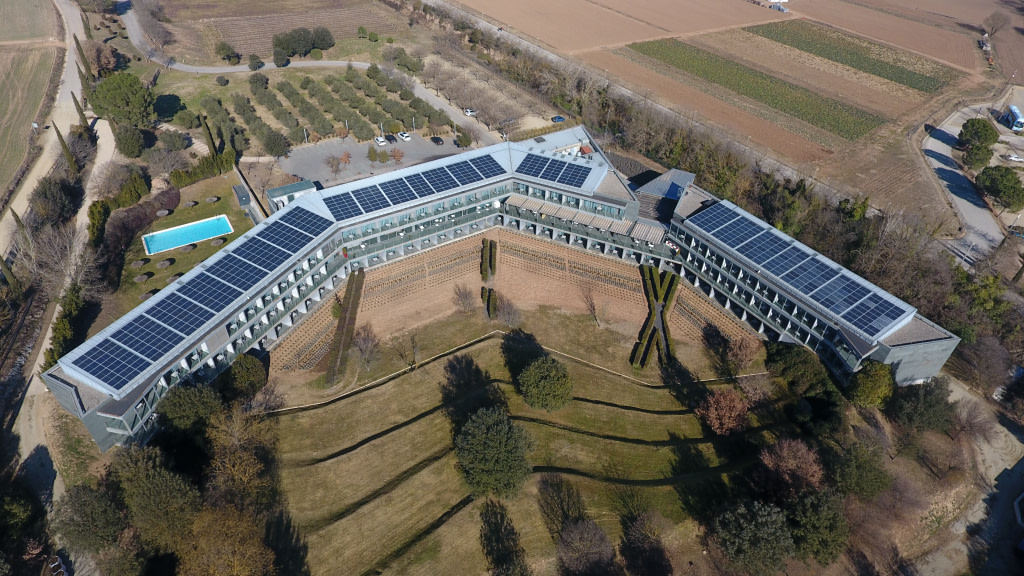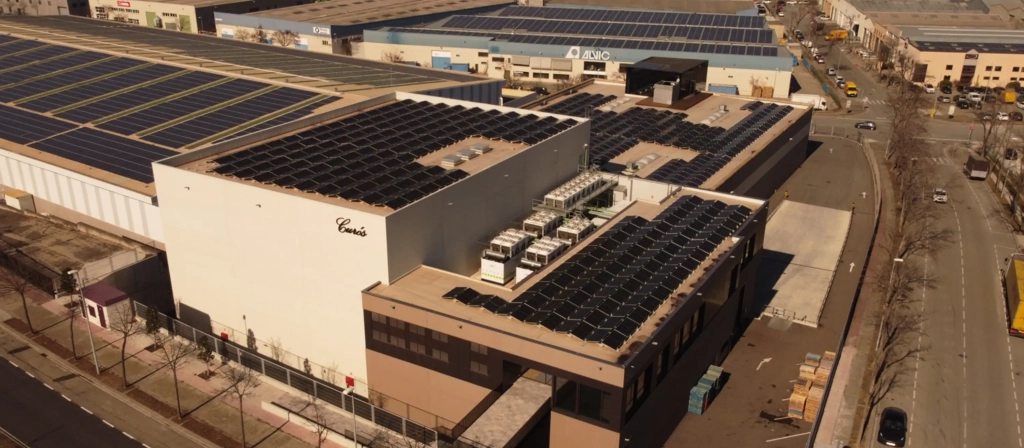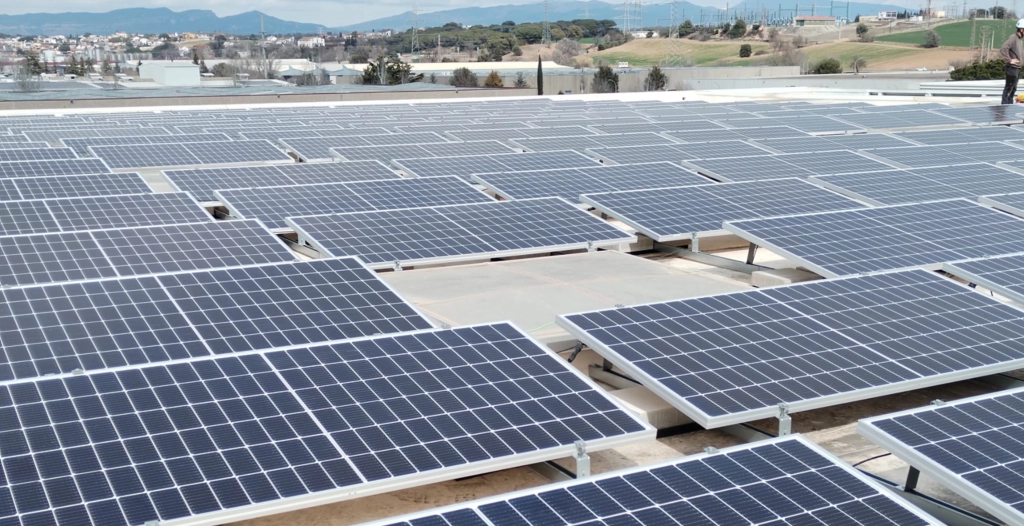To develop a solar park, it is necessary to comply with a series of administrative and technical procedures. First, a feasibility study is conducted, which includes a technical analysis to assess solar radiation, land availability, and access to infrastructure, as well as an economic study to analyze costs and benefits, ensuring the project's profitability.
Next, land use permits must be obtained, including urban planning authorization, which involves acquiring municipal permits for land use, ensuring that the land is zoned for industrial use or specifically for solar energy installations.
Additionally, an Environmental Impact Assessment (EIA) must be carried out to evaluate and mitigate the potential environmental effects of the project. This study must be approved by the relevant environmental authorities.
Regarding administrative permits, it is necessary to obtain prior administrative authorization from the competent authority for project approval, as well as a construction permit to begin the solar park's construction, including the review of project plans and technical specifications.
For connection to the electrical grid, access and connection permits must be obtained from distribution or transmission companies to connect the solar park to the grid, and a connection agreement must be signed with the utility company outlining the terms and conditions of the grid connection.
Additionally, a construction license issued by the local municipality is required to start the construction of the solar park. During the installation and construction phase, it is important to hire specialized companies for the construction and assembly of solar parks and to ensure technical supervision to comply with all regulations and technical standards.
The legalization of the installation includes obtaining certificates that verify that the installation meets technical and safety requirements, as well as registration in the energy production installations registry with the relevant authorities.
Once the solar park is constructed, commissioning is carried out, which involves conducting operational tests to ensure the solar park operates correctly and according to specifications. Finally, a commissioning authorization is obtained, which is the final permit to start the commercial operation of the solar park.
For the maintenance and operation of the solar park, a preventive and corrective maintenance plan is developed to ensure optimal performance of the installation, and a continuous monitoring system is implemented to oversee energy production and detect potential failures.
Completing these procedures requires coordination with various authorities and entities, as well as the involvement of professionals specialized in different areas. Each country and region may have specific variations in requirements and procedures, so it is crucial to be informed about the applicable local regulations.







